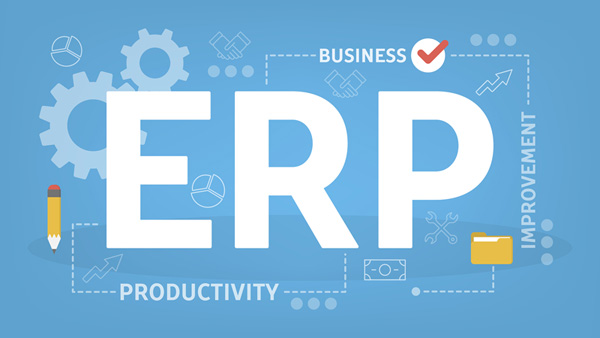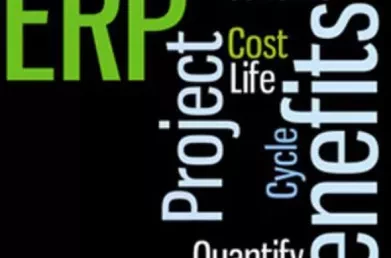10 Characteristics of a Successful ERP Implementation
Stories of disastrous ERP implementations are enough to ensure sleepless nights for CEOs or CIOs looking at the prospect of a new ERP system. So what should you do to ensure that your ERP implementation project is a success?
Below is a list of 10 characteristics of a successful ERP implementation to get you started.
1. Select the right software
It may seem obvious but it doesn’t always happen. ERP software vendors are typically bullish when it comes to the capabilities of the software they’re selling. You need to put them through a rigorous and structured selection process to find out which system suits your business best.
2. Select the right ERP implementation partner
Just as important as selecting the right software is selecting the right implementation partner. This is the company you’re relying on for their expertise and experience in implementing and getting the best out of the software that you’ve bought. Who can afford a team of consultants who don’t know what they’re doing or are only learning about the system at your expense?
3. Plan the project carefully
Make sure your timelines are realistic and that you’re clear on what’s going to be done and who’s going to do it. Basic stuff, but it’s always well worth putting the effort into planning before the project starts.
4. Be clear on the project scope and stick to it
“Scope creep” is a major risk in most projects. It’s potentially a killer as it eats into resources (both people and money), can have a complicating effect on other elements of the project, and can even delay the project.
5. Focus on the expected benefits
How do we define a “successful implementation”? At Lumenia we believe that success can’t just be measured by the usual criteria of on-time and on-budget. The real success of the project lies in achieving the expected business benefits. Business benefits realisation should be integral to every part of the project.(Read the blog Benefits Focused ERP: A balanced Approach).
6. Select the best possible ERP implementation team
Underestimating what’s required from the internal ERP project team is a common problem. Their skills, experience and effort are crucial to a successful project. Free up your best people for the project and accept that their ability to do their usual jobs is going to be very limited or nil for the duration of the project. This can be costly and may involve backfilling to release people. The people you need on your project team are probably those you can least afford to lose, but remember that the time your team will spend working on the project will be a multiple of the time required from the ERP vendor and will shape the operation of your business for years to come.

7. Ensure there’s commitment from the top
If your organisation senses that senior management aren’t 100% behind the project then why should they care about it? The project needs to seen to be driven from the top down. Conflicts between the project and the day-to-day running of the business will arise: such issues need to be managed carefully. (Read the blog An ERP Project: Business-led, Not IT-led!).
8. Ensure there’s adequate end user training
After putting huge effort into designing and configuring the system it’s easy to think all the hard work has been done. But the system doesn’t run by itself: the users need to be trained on how to use the system properly. You may even have users who’ve never used an ERP system before. Skimp on training at your peril, especially for remote or mobile users.
9. Don’t forget about reports
Think about your current systems and the reports that you use to run your business now. How long has it taken to develop all the various reports that you use now and will the new system deliver all the reports you need out of the box? “Probably not” is the usual answer, so think about what reports you will need to operate from Day 1.
10. Manage change effectively
One absolute certainty is that the ERP implementation will result in change. Business processes and procedures will change. Job/role definitions will have to be updated (some roles may cease to exist). Users may be fearful of what the changes mean for them. If you proactively manage change you’ve a much better chance of a trouble-free cutover.
This blog was written by John Donagher, Principal Consultant. If you would like further information on ERP Implementations please send an e-mail to John Donagher.


